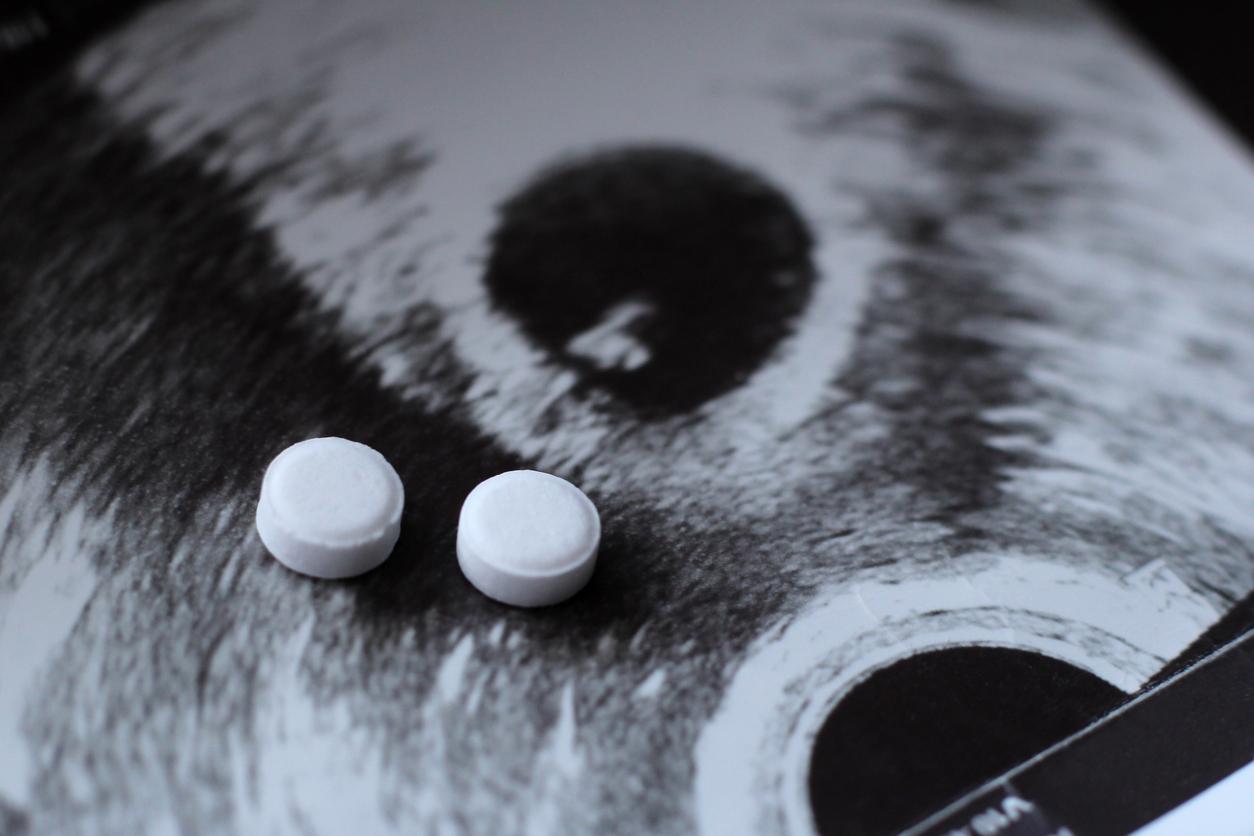Women diagnosed with peripartum cardiomyopathy late in pregnancy or within a month of giving birth are more likely to recover heart function quickly.

The peripartum cardiomyopathy (CMP-PP) is a rare and life-threatening form of heart failure occurring in pregnant women. The heart muscle weakens, often during the last month of pregnancy or in the first months after childbirth. Although the majority of patients (60-70%) subsequently regain normal heart function, approximately 13% continue to suffer from severe heart dysfunction for a long time and may require heart transplantation or left ventricular assist device. It is a mechanical pump that helps the left ventricle pump blood to the rest of the body. How come some women recover well and others don’t?
Women diagnosed late in pregnancy or within a month of giving birth are more likely to recover heart function quickly than those diagnosed later, according to a new US study. Also, the researchers, who presented the results of their research during the 2019 scientific sessions of theAmerican Heart Association Saturday, November 16 in Philadelphia (United States), insist on the need to monitor the symptoms of heart failure in future mothers, especially black women. Because the latter would on average be diagnosed much later than the white ones, they also discovered.
Disorders such as gestational hypertension (high blood pressure observed late in pregnancy) and preeclampsia (a dangerous complication characterized by high blood pressure), are the most important risk factors for PP-CMP. According to some previous studies, these disorders contribute to the development of PP-CMP. Also, the end of postpartum hypertension and the restoration of normal blood vessel formation could accelerate the recovery of normal heart function. To further examine the consequences of these disorders on disease and timing of diagnosis on patient outcomes, researchers from Penn Medicine University conducted a retrospective study of 220 women who had suffered from CMP-PP.
Black patients sometimes diagnosed between one to five months after giving birth
They were thus able to observe that patients suffering from gestational hypertension or pre-eclampsia diagnosed with CMP-PP more than a month after delivery took longer to recover their cardiac functions than the others (54% against 70 %).
Furthermore, the majority of sick white patients were diagnosed during the week before giving birth, while black patients were more likely to be diagnosed between one and five months after giving birth. Some of them were even diagnosed five months later.
These results could therefore explain what this same team of researchers had discovered in a previous study: sick black patients are half as likely to regain normal heart function and take twice as long to do so.
“Our results demonstrate that there are significant racial disparities not only in the outcomes of patients with CMP-PP, but also in the time of diagnosis and the baseline level of cardiac function, explains Jennifer Lewey who led the study. ‘study. Cardiomyopathy is the leading cause of maternal death in the postnatal period, and although we recommend increased surveillance for peripartum cardiomyopathy in all patients, it is particularly important in black women. Earlier diagnoses of CMP-PP may help prevent poor outcomes and speed their recovery to normal heart function.”
The need for proactive monitoring
“While we are still investigating the factors – such as genetics and socioeconomic status – that lead to later diagnosis in this population, we hope our results will help raise awareness about the need for proactive surveillance,” concludes Zoltan. Arany, lead author of this study.
Besides gestational hypertension, preeclampsia, and being of African descent, risk factors for developing PP-CMP include multiple pregnancies, pregnancy with twins, history of heart disease, excessive consumption of alcohol, diabetes, smoking or obesity.
Among the symptoms of the disease we find shortness of breath, even when lying down, exhaustion, coughing, swelling of the legs, ankles or hands, weight gain. The pregnant woman may also suffer from heart palpitations, stomach pain, fainting, coughing up blood or having frequent urges to urinate during the night.

.















